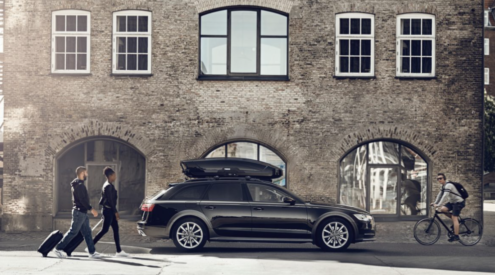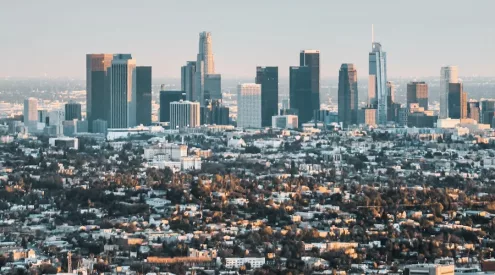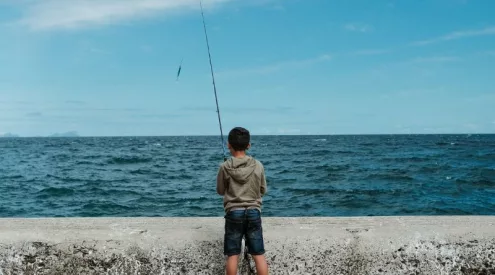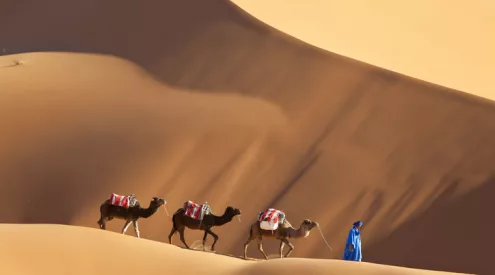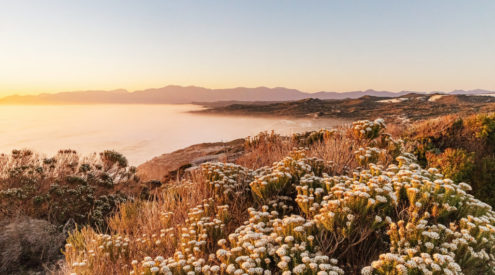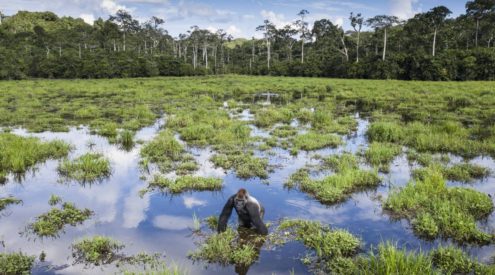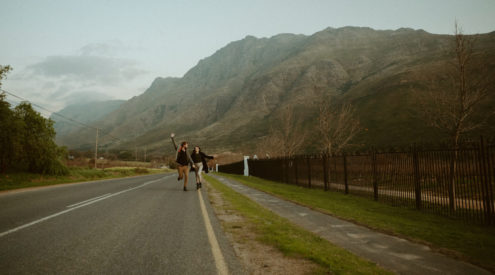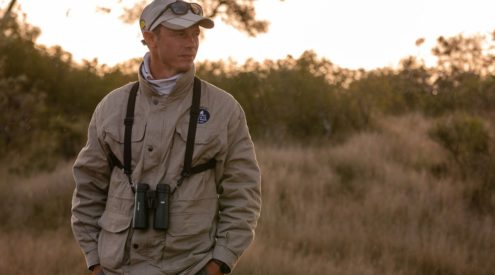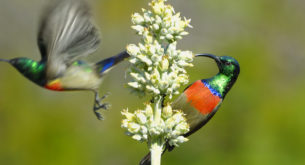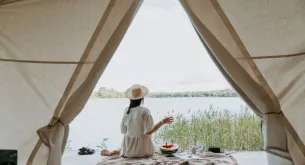Paul Duncan is the head curator of the World Design Capital 2014. He is inspiring, proudly South African, but mostly, like us, he loves a good getaway! For Paul, a good holiday includes a half bottle of whiskey, no schedule and all things design.
Also see: Paul Duncan’s favourite holiday hideaway

I interviewed Paul for our September 2014 issue of Getaway Magazine. This is what he had to say.
1. In your view, what is the best designed city in the world, from a tourist point of view?
I’d say somewhere like London. It’s very geared towards the tourist, so is Paris and many European cities. Britain and Western Europe are keyed up to the disabled traveller too. They’re expressing a broader view, encompassing people who may not be able to do it by themselves.
2. Does Cape Town Compare? If not, how far are we still?
I think it’s getting better. I noticed the other day that the pavement onto the road the curb has been taken away to make way for a wheelchair. We still have a long way to go. I mean we never had anything, but we now have the MyCiti bus, it covers only a small bit of Cape Town but it’s a good start. The train service is rubbish. We need to do something about that. There is wider thought about the city being in service for its citizens and its users, certainly in the centre, I couldn’t say in the township or the suburbs. There is no lighting in the township and it’s hard to get in and out of. The FIFA World Cup 2010 coming to Cape Town started all of that and we have begun to get our act together. The World Design Capital has certainly continued it.
3. A new visitor arrives in Cape Town. What should their first local stop be?
The design community is growing here – fabric, furniture, ceramics. I’d send them to the Old Biscuit Mill and Woodstock Exchange. Before their arrival, I would get them to Google Southern Guild, which produces and premieres original pieces by the very best South African designers. Trevyn McGowan, the owner of Southern Guild, is curating a new arts and crafts hub at the Waterfront. I would also send them to look at some of the extraordinary architecture: interiors of public buildings, 18th century churches and monuments, 19th century government buildings by Sir Herbert Baker. We have incredible things that people don’t really look at. It’s the real treasure of the city. In the centre of downtown Cape Town, there are 30 buildings, minimum, that are incredibly interesting. It’s one of the oldest cities in the country, and because of that it is going to have a lot of interesting things to look at. We haven’t had a very happy history, but what it has left behind in terms of colonial buildings and architecture is extraordinary.
4. What else can’t they miss?
Well, this is a city with a peculiar history – it’s the most divided city in our country, physically and socially. Part of the mission of World Design Capital is to use design to transform life. I’d make sure that my friends went to see the other side of Cape Town because the city is not Camps Bay – 60 to 70 percent of Cape Town is in Langa, Gugulethu and what’s happening out there. There’s a lot to see – without grinding on about it, it’s important to get a balanced view of who we are.
5. What are your thoughts on township tourism?
I think it’s interesting. People want to know. There’s a whole wave of tourists who are not coming here to lie on beaches and drink wine. It’s responsible tourism, where visitors come to see what NGOs are doing, to see what they can do and how they can get involved in making life better. It sounds unsexy, but globally a tide has turned and people want to be a part of that. Going on a township tour, you’re going to see the harsh reality of apartheid history. I think it’s important to do this.
6. What should their last stop be?
They should spend some time tasting, looking at and indulging in some of the wine we have. We have incredible wine in the cape, and incredible places to taste and enjoy it. You could have it at the Taste Kitchen or the Pot Luck Club – you get great wine there. I would make sure that they have seen the context; the beautiful landscape with the Cape Dutch house in it, the white washed building and the viticulture heritage, and there’s probably a restaurant attached to it. The final stop would be choosing which vineyard you want to go to. Babylonstoren would be an extraordinary one to go to; you have fantastic food, good wine and a great historic environment that is stylish and tasteful with an amazing garden. That’s a great venue that encompasses all those things.
7. When you travel do you pack light or heavy?
Light. I’m a very sorted out packer, I prepare in advance. In my spare bedroom I lay it all out; I decant things and only take the amount of toothpaste etc. that I will need, or I just buy once I’m there. I am a great believer in taking the minimum in order to buy the maximum. I take the basics. I only take one pair of shoes because I know I’m going to buy more. I’ll always have a blue smart blazer cause if you’re going to go for dinner somewhere, you can still wear your jeans, put a blazer on and you can still look smart. I’m always prepared.
8. What’s the best souvenir you’ve bought while on holiday?
The best souvenir was when I went to Tunisia once and I bought in a market a stone carving of a person’s head in profile. I thought it was carved just yesterday on the side of the road by a local but I had it looked at, and its turns out to be an original, antique Roman carving that’s a couple of thousands years old. That was a unique find. I was quiet lucky.
9. Your best childhood holiday?
There are two, in fact. The first time I ever went on holiday was to Lake Pleasant [on the Garden Route] and it’s where I said my first words. I was taken out on a boat, some ducks floated past and I said ‘duts, duts.’ The other most wonderful memory was going to Rome with my parents when I was about eight. In those days, aeroplanes were still angular and you had to walk up a slope inside the plane because the back wheels were lower than the front wheels. We had to look smart, so we wore our school uniforms on the plane; then going around Rome with our blazers and caps on. I remember that vividly. It’s crazy now when you think about it.
10. What ingredients make for a good holiday?
Not having a schedule; that’s the first thing. You have to be absolutely in sync with the people you’re travelling with. I used to go on holiday with the same three friends every year and we knew exactly each other’s pace, likes and dislikes, and sleeping timetable. We knew how to humour each other or how to layoff if the other person was being a pain. You’ve got to have the right chemistry with the people you travel with. Those are the two most important ones. Also, no matter where you go, whether you are travelling for business or for pleasure, some knowledge of the culture of where you are going to, and time set aside to explore it is incredibly worthwhile. You can’t ignore it. See some of the museums in the city, the art, cultural artefacts, architecture; you can only enrich your own life.
11. Finally, on this continent, where would you like to go next?
I’m quite interested in Arabic culture, so Morocco is next on my list. I love the craftsmanship, the workmanship, the fabric, the crockery.


I was thoroughly uplifted after my session with a man with great experience, and one of very many talents.


